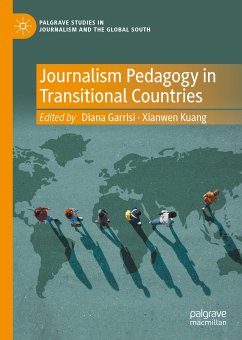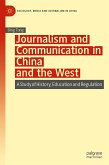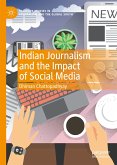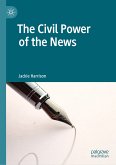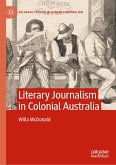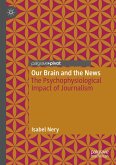This book explains what it means to teach journalism in countries with limited media freedom in the post-pandemic era. It digs into the social and historical factors underpinning the development of journalism university degrees and courses in a selection of case studies taken from Africa, Asia, Europe, and Latin America. This work assesses both the limitations and creative opportunities arising from teaching journalism under constraints. Topics include, but are not limited to, the following: the application of Western theoretical frameworks in new transnational universities in China; the historical and political roots of the gap between industry and academia in Slovenia; ideological clashes and classism in higher education in the Arab region; scholar-activism in Turkey; decolonizing journalism curricula in South Asia; journalism students as research partners in the Philippines; and the repression of the student press in Mexico. Although this book focuses broadly on the Global South, the theoretical and practical implications of its findings and related discussion will inform the challenges facing journalism training today as a whole.
Diana Garrisi is an Assistant Professor at the Department of Media and Communication, Xi'an Jiaotong - Liverpool University, China, and a Fellow of the Higher Education Association (HEA). She has published in international peer-reviewed journals including Journalism Studies, Early Popular Visual Culture, Media Practice and Education, and Public Understanding of Science. She is co-editor of Disability, Media, and Representations: Other Bodies (2020).
Xianwen Kuang (PhD in Journalism, University of Southern Denmark) is an Associate Professor at the Department of Media and Communication, Xi'an Jiaotong - Liverpool University, China and a Fellow of the Higher Education Association (HEA). He has published articles in international peer-reviewed journals, including Journalism, International Journal of Communication, Problems of Post-Communism, Global Media and China, and The China Quarterly.
Dieser Download kann aus rechtlichen Gründen nur mit Rechnungsadresse in A, B, BG, CY, CZ, D, DK, EW, E, FIN, F, GR, HR, H, IRL, I, LT, L, LR, M, NL, PL, P, R, S, SLO, SK ausgeliefert werden.

